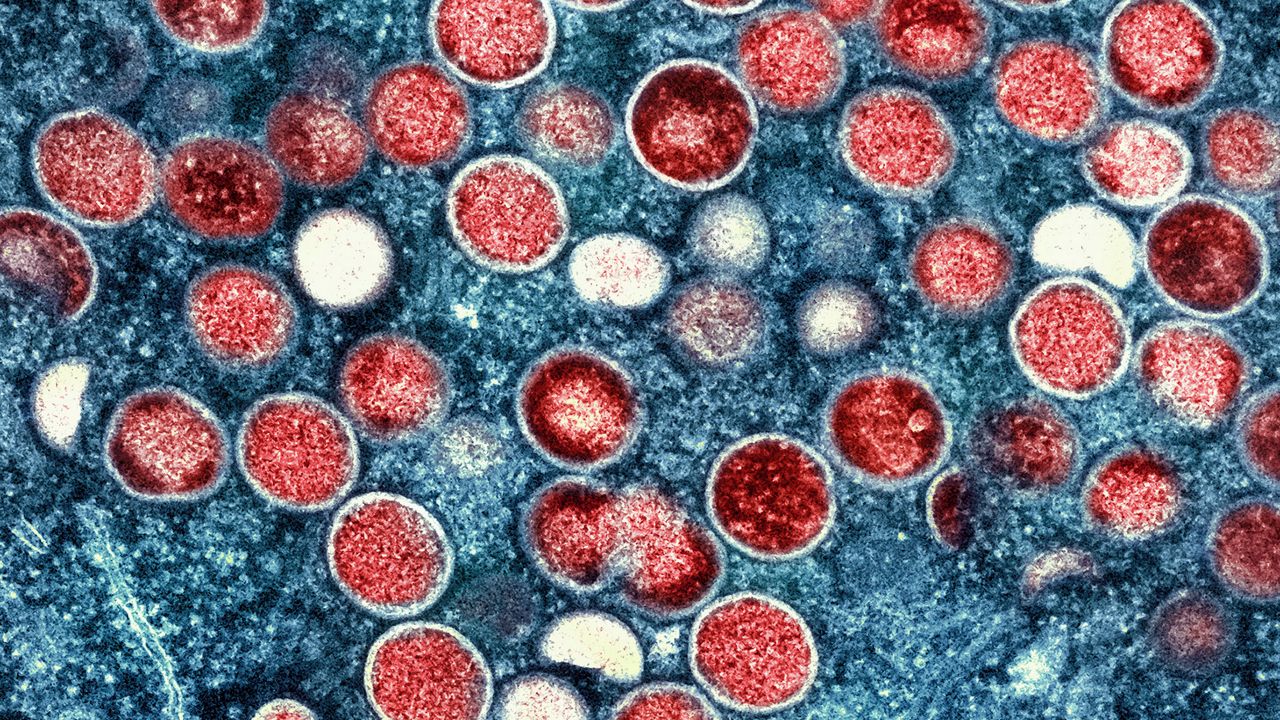CLEVELAND — Cuyahoga County has an mpox outbreak, formerly known as monkeypox, according to the Cuyahoga County Board of Health.
Data shows from Feb. 8 to April 23, the county documented nine cases of the virus. Cases range in ages 17 to 44.
In 2023, there were no reported cases of mpox in Cuyahoga County, according to the Cuyahoga County Board of Health database.
There are two types of mpox, according to the Centers for Disease Control and Prevention: clade I and clade II. Both can be spread by direct contact with infected wild animals, a person with mpox or contaminated materials. The incubation for the virus is three to 17 days, which during this time, a person may not have any symptoms.
Signs and symptoms include:
- A rash that may be located on hands, feet, chest, face or mouth or near the genitals
- The rash may initially look like little pimples or blisters, and could be painful or itchy
- The rash will go through several stages before healing, including scabs
- Fever
- Chills
- Swollen lymph nodes
- Exhaustion
- Muscle aches and backache
- Headache
- Respiratory symptoms (e.g., sore throat, nasal congestion, or cough)
Those with mpox may experience a few or all symptoms, according to the CDC.
Symptoms can start within 21 days of exposure. The CDC said those who experience flu-like symptoms will likely develop a rash within one to four days. Those with mpox can spread the virus from the time symptoms start until the rash has fully healed with a fresh layer of skin.
The Cuyahoga County Board of Health urges those who believe they may have been exposed to the virus to get tested as soon as possible, and providers who see a patient with lesions and/or a rash are advised to test them for mpox, especially Black males, who are high risk.
There are vaccines available for the virus. It's a two-dose vaccination regimen; four weeks after the first dose, a second dose can be given, providing maximum protection against the virus. Call the local health department to receive a vaccine or check on your vaccine history.



